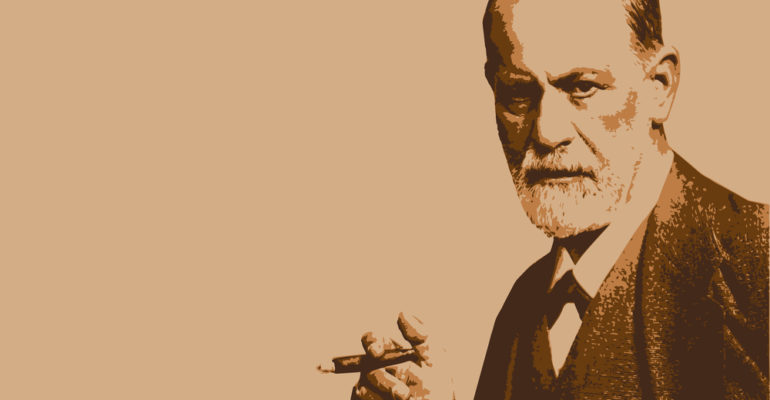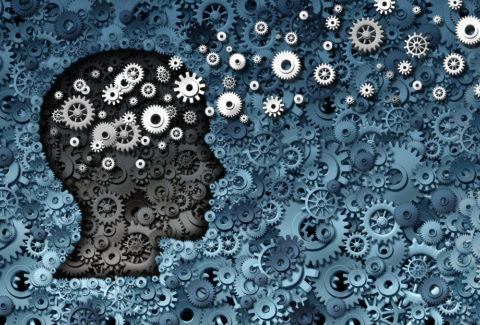Freudian Principles and Their Impact on Mental Health
Introduction:
In the landscape of psychology, few figures loom as large as Sigmund Freud[1], the father of psychoanalysis. His pioneering work revolutionized our understanding of the human mind, introducing concepts that continue to shape the field of mental health to this day. Freudian principles offer profound insights into the unconscious forces that influence thoughts, emotions, and behaviors, shedding light on the complexities of mental health. In this article, we delve into the core tenets of Freudian theory[2] and their enduring impact on mental health practices.
The Unconscious Mind:
At the heart of Freudian theory lies the concept of the unconscious mind[3], a vast reservoir of thoughts, desires, and memories beyond conscious awareness. Freud believed that unconscious processes exert a powerful influence on behavior, shaping everything from dreams to everyday actions. By bringing unconscious conflicts and desires into conscious awareness through techniques such as free association and dream analysis, individuals can gain insight into their motivations and emotional struggles, paving the way for healing and self-discovery.
Defense Mechanisms:
Freud proposed that individuals employ defense mechanisms[4] to protect themselves from anxiety-provoking thoughts and impulses emanating from the unconscious. These defense mechanisms, such as repression, denial, and projection, serve to distort or suppress threatening emotions, often resulting in maladaptive coping strategies. By recognizing and exploring defense mechanisms in therapy, individuals can uncover underlying conflicts and work towards more adaptive ways of coping with distress.
Psychosexual Development:
Freudian theory posits that human development unfolds through a series of psychosexual stages, each characterized by distinct erogenous zones and developmental tasks.[5] Central to this framework is the notion of libido, or psychic energy, which fuels individuals’ pursuit of pleasure and satisfaction. Challenges or disruptions during psychosexual development can lead to fixation at certain stages, contributing to personality traits and behavioral patterns later in life. By exploring early childhood experiences and unresolved conflicts, individuals can address lingering issues and achieve greater psychological balance.
The Oedipus Complex:
One of Freud’s most controversial concepts is the Oedipus complex[6], which describes a child’s unconscious desire for the opposite-sex parent and rivalry with the same-sex parent. According to Freud, the resolution of the Oedipus complex plays a crucial role in the development of gender identity and the superego, or moral conscience. While modern psychology has critiqued and revised aspects of this theory, the concept of unconscious conflicts related to familial relationships remains relevant in understanding interpersonal dynamics and identity formation.
Therapeutic Techniques:
Freud pioneered several therapeutic techniques aimed at uncovering unconscious conflicts and promoting insight and healing. Free association, dream analysis, and transference interpretation are among the core techniques used in psychoanalysis to explore the depths of the unconscious. By facilitating a safe and supportive therapeutic environment, clinicians can guide individuals in uncovering hidden motivations, resolving inner conflicts, and achieving greater self-understanding and growth.[7]
Legacy and Critiques:
While Freudian theory has left an indelible mark on the field of psychology, it has also faced its share of critiques and controversies. Critics have challenged aspects of Freud’s theory, including its emphasis on sexuality, universality, and reliance on subjective interpretations. Despite these criticisms, Freudian principles continue to inform contemporary psychotherapy approaches, contributing to a rich tapestry of therapeutic modalities and perspectives.
Conclusion:
From the exploration of the unconscious mind to the analysis of defense mechanisms and psychosexual development, Freudian principles offer a compelling lens through which to understand the complexities of mental health. While Freud’s ideas have evolved and adapted over time, their enduring impact on mental health practices underscores their relevance in contemporary clinical settings. By integrating Freudian insights with modern therapeutic approaches, clinicians can help individuals navigate the depths of their inner worlds, fostering healing, growth, and self-awareness in the journey towards mental well-being.
Are you interested in delving deeper into Psychodynamic Psychotherapy? If so, discover whether our upcoming 6-week Psychodynamic Psychotherapy Certificate Course, commencing on May 7, 2024, is the right fit for you. Click here to learn more.
[1] Lear, Jonathan. Freud. Routledge, 2015.
[2] Kline, Paul. Psychology and Freudian theory: An introduction. Routledge, 2014.
[3] Cavell, Marcia. “Freud and the Unconscious.” The Routledge International Handbook of Psychoanalysis and Philosophy. Routledge, 2022. 143-155.
[4] Kroeber, Theodore C. “The coping functions of the ego mechanisms.” The study of lives. Routledge, 2023. 178-198.
[5] Fonagy, Peter. “Psychosexuality and psychoanalysis: An overview.” Identity, gender, and sexuality (2018): 1-20.
[6] Tauber, Alfred I. “Freud without Oedipus: The cognitive unconscious.” Philosophy, Psychiatry, & Psychology 20.3 (2013): 231-241.
[7] Fink, Bruce. A clinical introduction to Freud: Techniques for everyday practice. WW Norton & Company, 2017.









